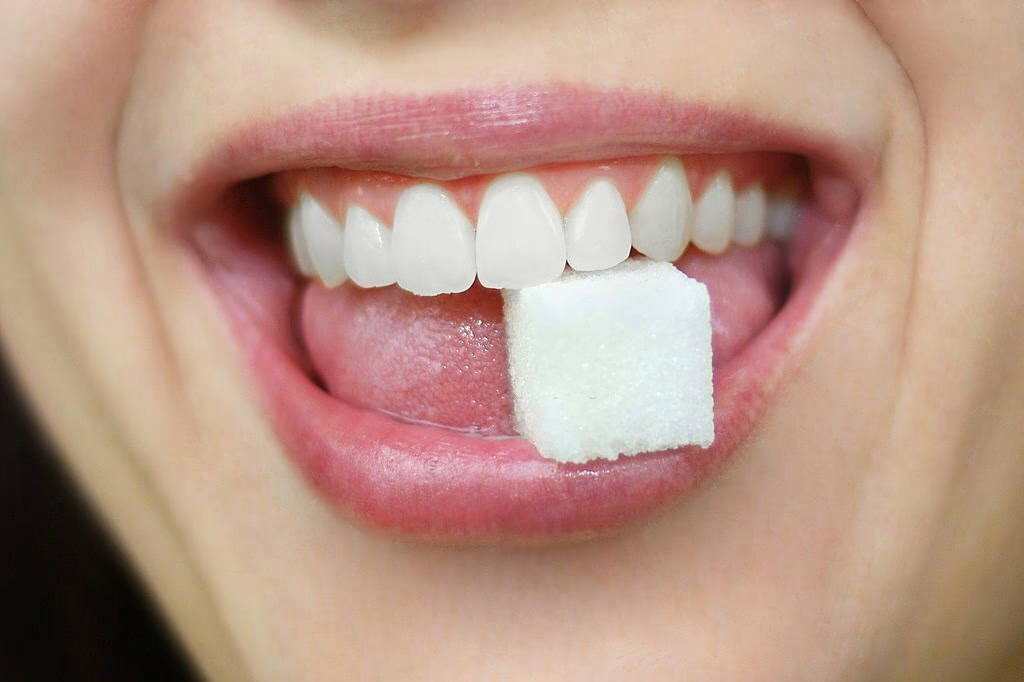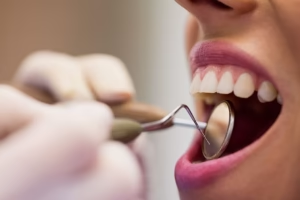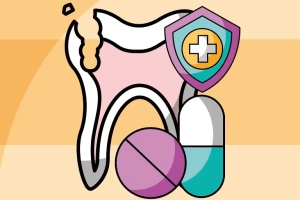How Does Sugar Affect Your Dental Health?
28 November 2023

We all know that consuming excessive amounts of sugar is not good for our overall health. But did you know that sugar can also have a detrimental effect on your dental health? In fact, sugar has been identified as one of the leading causes of tooth decay and cavities. So, why is sugar so harmful to your teeth, and how can you protect your dental health in a sugar-filled world?
Before we dive into the specifics, it’s important to understand what sugar actually is. Sugar is a type of carbohydrate, more specifically a simple carbohydrate. Simple carbohydrates are broken down quickly by the body, causing a rapid increase in blood sugar levels. This spike in blood sugar can lead to a host of health issues, including dental problems.
The Effects of Sugar on Oral Hygiene
When we consume sugary foods and beverages, the bacteria in our mouths feed on the sugar and produce acids. These acids can attack the enamel, which is the protective outer layer of our teeth. Over time, this acid attack can weaken the enamel, leading to tooth decay, cavities, and even tooth loss.
Furthermore, the acid produced by the bacteria can also irritate the gums, leading to gum disease. Gum disease, also known as periodontal disease, is a serious condition that can cause inflammation, bleeding gums, and even bone loss in the jaw.
Another way sugar can harm your dental health is by promoting the growth of harmful bacteria in the mouth. These bacteria can form a sticky film called plaque, which can build up on the teeth and along the gumline. If not removed through proper oral hygiene practices, plaque can harden into tartar, which can only be removed by a dental professional.
The Importance of Good Oral Hygiene
Now that we understand how sugar can negatively impact our dental health, it’s crucial to emphasize the importance of good oral hygiene. Brushing your teeth at least twice a day, flossing daily, and visiting your dentist regularly are all essential habits to maintain healthy teeth and gums.
Regular brushing helps remove plaque, prevent tooth decay, and reduce the risk of gum disease. Flossing is equally important, as it helps remove food particles and plaque from between the teeth and along the gumline, where a toothbrush cannot reach. Regular dental check-ups and cleanings allow your dentist to identify and treat any dental issues before they become more serious.
Tips for Reducing Sugar Intake
While it may seem challenging to completely eliminate sugar from your diet, there are steps you can take to reduce your sugar intake and protect your dental health:
1. Read food labels: Be mindful of hidden sugars in processed foods and beverages. Pay attention to the ingredient list and look for words like sucrose, fructose, corn syrup, and dextrose.
2. Choose whole foods: Opt for fresh fruits and vegetables instead of sugary snacks and desserts. Not only are they healthier for your teeth, but they also provide essential nutrients for your overall well-being.
3. Drink water: Instead of sugary sodas and juices, drink water throughout the day. Water not only helps rinse away food particles and bacteria but also keeps you hydrated and promotes saliva production, which helps protect your teeth.
4. Practice moderation: It’s okay to indulge in a sweet treat occasionally, but try to limit your consumption and be mindful of portion sizes.
5. Replace sugary snacks: If you find yourself craving something sweet, reach for healthier alternatives like fresh fruit, yogurt, or nuts.
Sugar may be a ubiquitous ingredient in processed foods, but it doesn’t have to wreak havoc on your dental health. By understanding the effects of sugar on your teeth and practicing good oral hygiene, you can protect your smile and maintain optimal dental health. Remember, moderation and making smart food choices are key to reducing your sugar intake and promoting a healthy mouth. Your dentist in Kissimmee is here to support you on your journey to a sugar-free, healthy smile.









